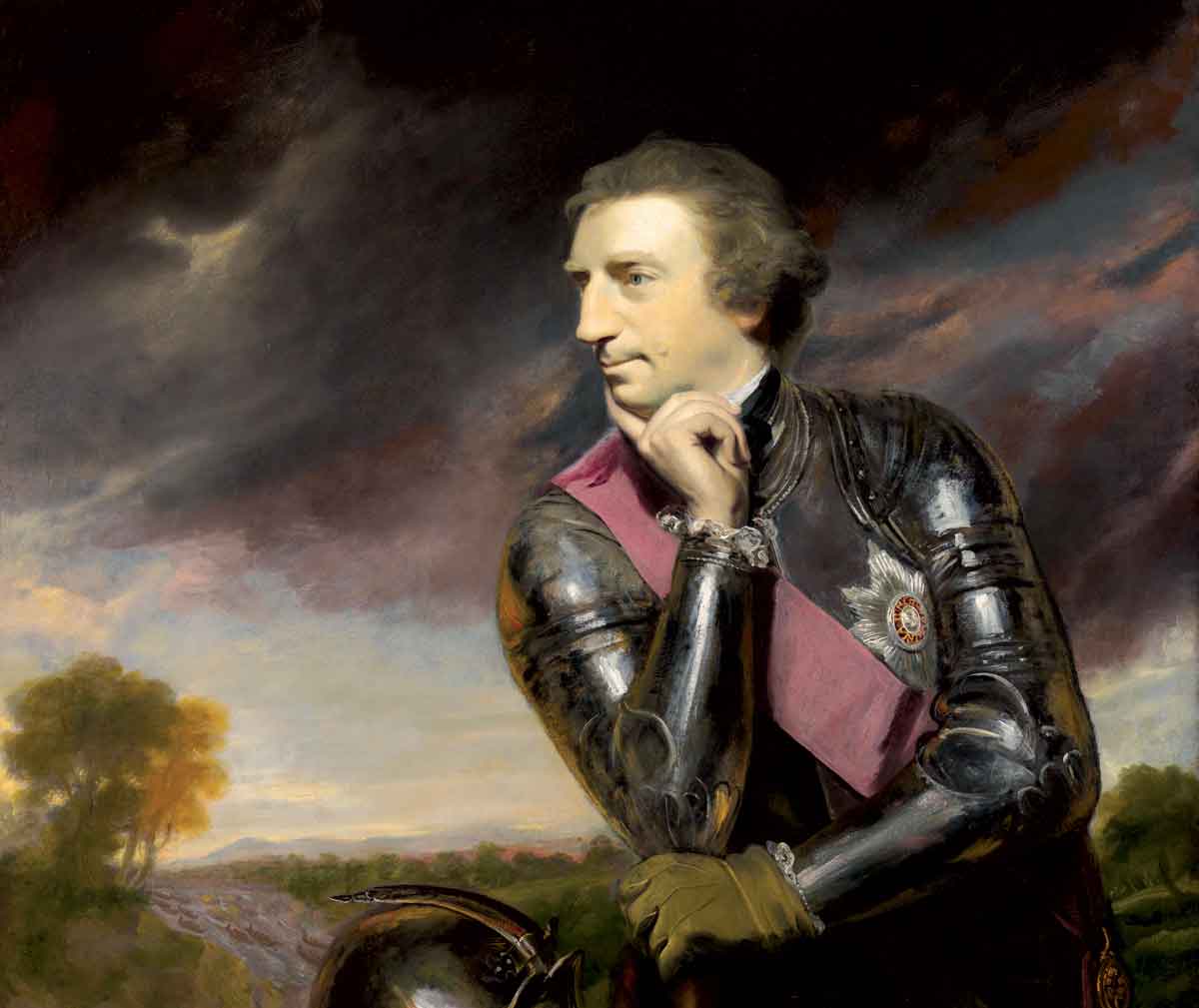A Portrait of Empire | History Today - 2 minutes read

The evening of 10 December 1776 was exceptionally cold. It had been a trying winter for Londoners in more ways than one. News from across the Atlantic was getting worse every day and no one seemed to agree on the best path ahead. Some thought the American colonists were justified in their bid for independence. Others believed that hanging was not punishment enough for their belligerence. The weather didn’t help. Yet, undeterred by it all, that night the members and students of the Royal Academy of the Arts scurried up the steps into Somerset House on the Strand for their annual prize-giving ceremony. Perhaps they were eager for some distraction from the splintering of their empire. Maybe they wanted simply to find out who were the medal winners for that year and to listen to their president’s seventh formal address.
The president, Sir Joshua Reynolds, was 53 years old in 1776. He had held his position as inaugural head of the Royal Academy for seven years. The audience was by now used to his low-toned Devonshire accent and his ruddy, if commanding, appearance. They were also used to the message with which he opened his address. ‘The first idea of art’, he declaimed, is to show the ‘general truths’ of humanity, which are all indisputably ‘universal’. The artist should never privilege those quirks that make a sitter distinct from everyone else, because that would draw attention to what makes humans disagree with one another, instead of what unites them.